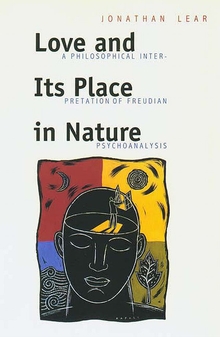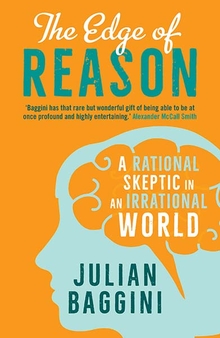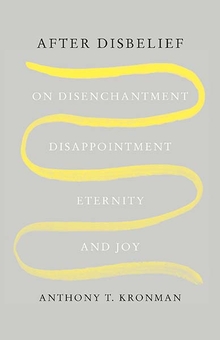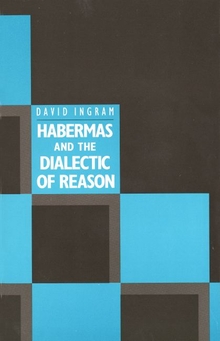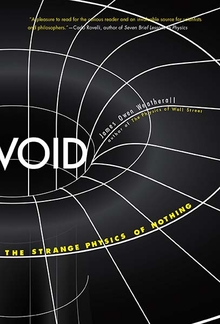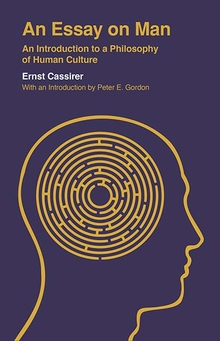Love and Its Place in Nature
WARNING
You are viewing an older version of the Yalebooks website. Please visit out new website with more updated information and a better user experience: https://www.yalebooks.com
A Philosophical Interpretation of Freudian Psychoanalysis
Jonathan Lear; With a new Preface by the author
"Jonathan Lear has shown us both Freud`s texts and his subject matter from a new angle of vision, one that renders much recent controversy about psychoanalytic theory irrelevant. For any student of those texts this book is indispensable."—Alasdair MacIntyre
"Lear makes one understand how psychoanalysis works not only on the therapist`s couch but also as a condition of being alive. . . . Love and Its Place in Nature not only offers a form of spiritual nutriment for the self, it also defines that self with a clear profundity that few readers will have encountered before."—Christopher Lehmann-Haupt, New York Times
"A brief and engaging philosophical perspective on Freudian psychoanalysis. The book is simply written, but important themes are profoundly investigated. . . . An important philosophic reading of Freud."—Don Browning, Christian Century
In this brilliant book, Jonathan Lear argues that Freud posits love as a basic force in nature, one that makes individuation—the condition for psychological health and development—possible. Love is active not just in the development of the individual but also in individual analysis and indeed in the development of psychoanalysis itself, says Lear. Expanding on philosophical conceptions of love, nature, and mind, Lear shows that love can cure because it is the force that makes us human.
"Lear makes one understand how psychoanalysis works not only on the therapist`s couch but also as a condition of being alive. . . . Love and Its Place in Nature not only offers a form of spiritual nutriment for the self, it also defines that self with a clear profundity that few readers will have encountered before."—Christopher Lehmann-Haupt, New York Times
"A brief and engaging philosophical perspective on Freudian psychoanalysis. The book is simply written, but important themes are profoundly investigated. . . . An important philosophic reading of Freud."—Don Browning, Christian Century
In this brilliant book, Jonathan Lear argues that Freud posits love as a basic force in nature, one that makes individuation—the condition for psychological health and development—possible. Love is active not just in the development of the individual but also in individual analysis and indeed in the development of psychoanalysis itself, says Lear. Expanding on philosophical conceptions of love, nature, and mind, Lear shows that love can cure because it is the force that makes us human.
Jonathan Lear is John U. Nef Distinguished Service Professor and a member of the Committee on Social Thought at the University of Chicago. He is a graduate of the Western New England Institute for Psychoanalysis and was trained in philosophy at the University of Cambridge and Rockefeller University. Before going to Chicago, he taught at Yale University and the University of Cambridge, where he was a fellow and director of Studies in Philosophy at Clare College. He is also the author of Open Minded: Working Out the Logic of the Soul, Aristotle: The Desire to Understand, and Aristotle and Logical Theory.
"In this remarkable book Jonathan Lear greatly enlarges the scope of Freud’s thinking. He argues that, in saying how the mind works, Freud implicitly showed us how the world must be if such minds are to survive and flourish. In this work, criticism, imagination, and speculation fuse."—Richard Wollheim, University of California Berkeley
"Jonathan Lear has shown us both Freud’s texts and his subject matter from a new angle of vision, one that renders much recent controversy about psychoanalytic theory irrelevant. For any student of those texts this book is indispensable."—Alasdair MacIntyre, Duke University
"Lear makes one understand how psychoanalysis works not only on the therapist’s couch but also as a condition of being alive. . . . Love and Its Place in Nature not only offers a form of spiritual nutriment for the self, it also defines that self with a clear profundity that few readers will have encountered before."—Christopher Lehmann-Haupt, New York Times
"A brief and engaging philosophical perspective on Freudian psychoanalysis. The book is simply written, but important themes are profoundly investigated. . . . An important philosophic reading of Freud."—Don Browning, Christian Century
ISBN: 9780300074673
Publication Date: February 8, 1999
Publication Date: February 8, 1999
256 pages, 5 1/2 x 8 1/2
Sales Restrictions: For sale in U.S. and its dependencies, the Philippine Republic, and Canada only

